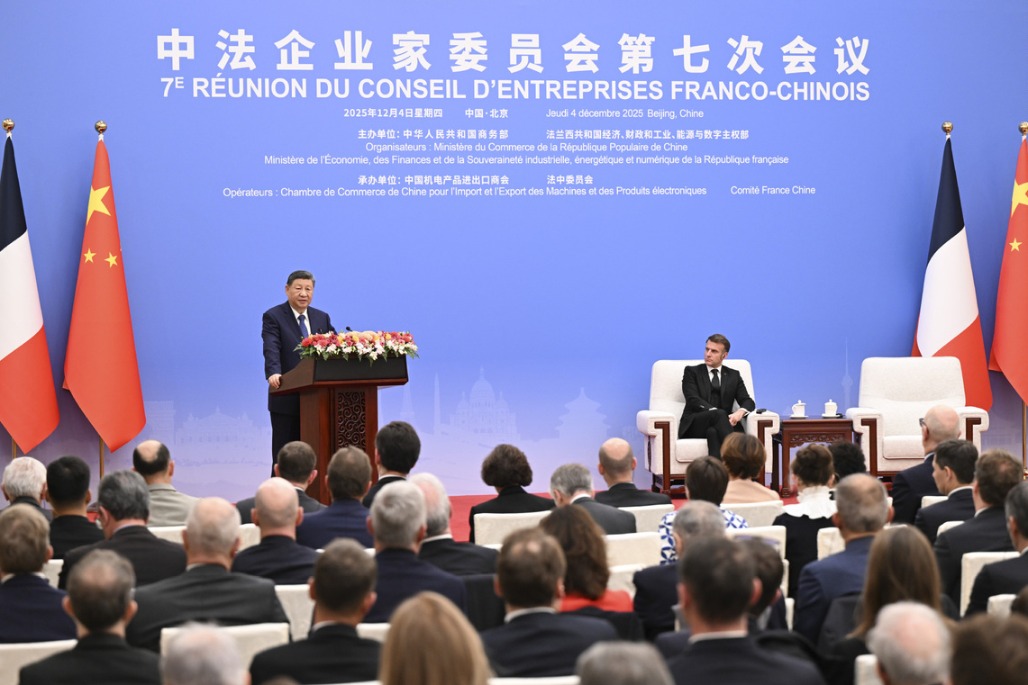Shanghai transport to enter green, smart era
By SHI JING in Shanghai | China Daily | Updated: 2022-10-14 08:50

Green and smart transformation, resilience and high efficiency will mark the development of Shanghai's urban transportation in the next 10 years, according to a white paper released by the municipal government on Thursday.
Continued efforts will be made to advance the development of new energy vehicles to reduce carbon emissions. The annual NEV output is expected to exceed 1.2 million units by 2025. The NEV industrial value should surpass 350 billion yuan ($48.7 billion) by 2025, accounting for more than 35 percent of the city's total automotive industrial value, the white paper stated.
At least 75 percent of the urban transportation in central parts of Shanghai should go green, including using more subways and NEV buses. To that end, NEVs should take up over 80 percent of the bus and taxi fleets in the city. Clean energy should also be more widely used in freight transport, the white paper stated.
The local government will focus on optimizing transportation structure, shifting to cleaner energies at a faster pace, reducing pollution and carbon emission footprint to realize carbon neutrality in the transportation sector, said Zhang Wei, Shanghai's vice-mayor.
Resilience of the transportation network should be further improved, said Zhang. The city's transportation services and normal order should be able to recover quickly from any potential disruptions, by optimizing emergency response mechanisms.
The normal operation of urban transportation should be secured, while domestic and international logistics and supply chains should remain smooth. A highly efficient freight system should be built in the city to facilitate economic growth, he said.
On top of that, Shanghai will promote the application of hydrogen fuel cells in public transportation, said Tang Wenkan, deputy director of the Shanghai Municipal Commission of Economy and Informatization. By 2025, more than 70 hydrogen refueling stations should be built and put into operation in the city. An estimated 10,000 hydrogen-fueled buses and sanitation cars are expected in Shanghai by 2025, he said.
The development of connected smart automotive devices should be accelerated, Tang said. At least three Shanghai-based brands with high market recognition and another 10 blockbuster products should be rolled out in the city by 2025, with the total industrial value of connected smart automotive devices reaching 500 billion yuan.
Meanwhile, vehicles with third-level assisted driving automation functions, or L3 technologies, should take up over 70 percent of all the new cars produced in the city by 2025. Vehicles with L4, or fully autonomous driving technologies, should be applied in logistics, sanitation and passenger transport in the next decade, he said.
Autonomous driving will be gradually promoted for commercialized operation in Pudong New Area in the eastern part of Shanghai, said Tang.
























